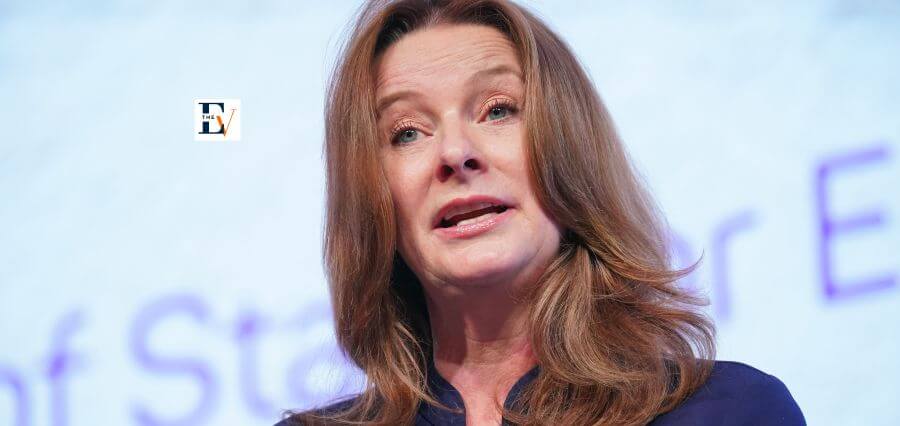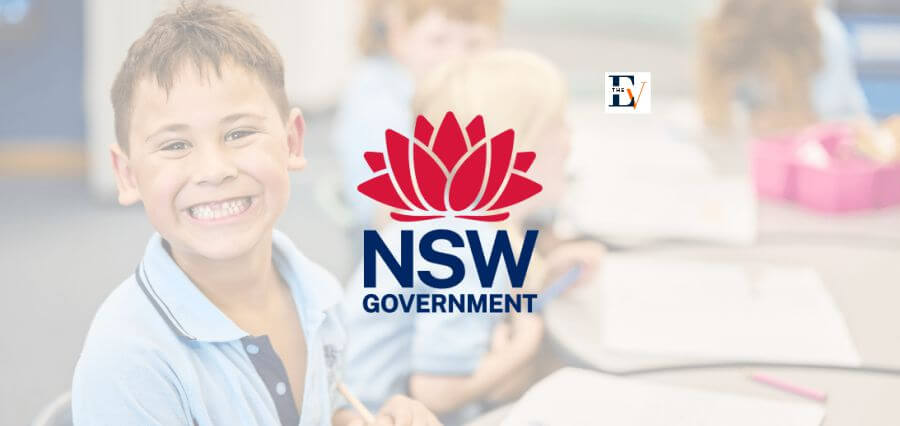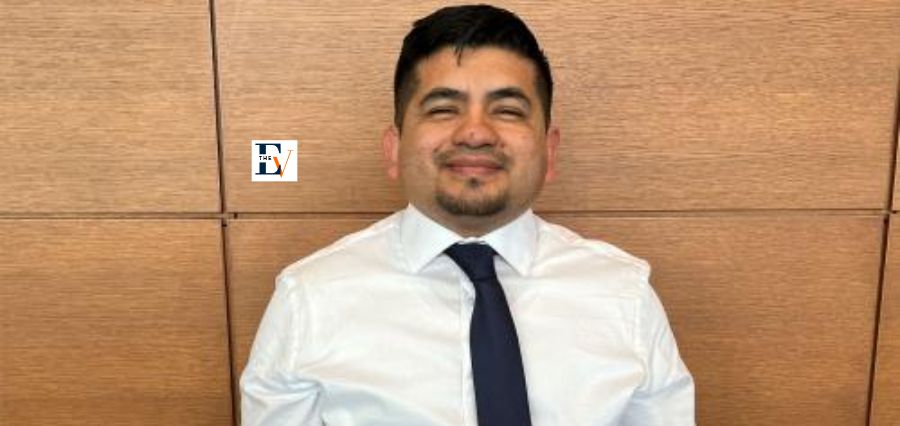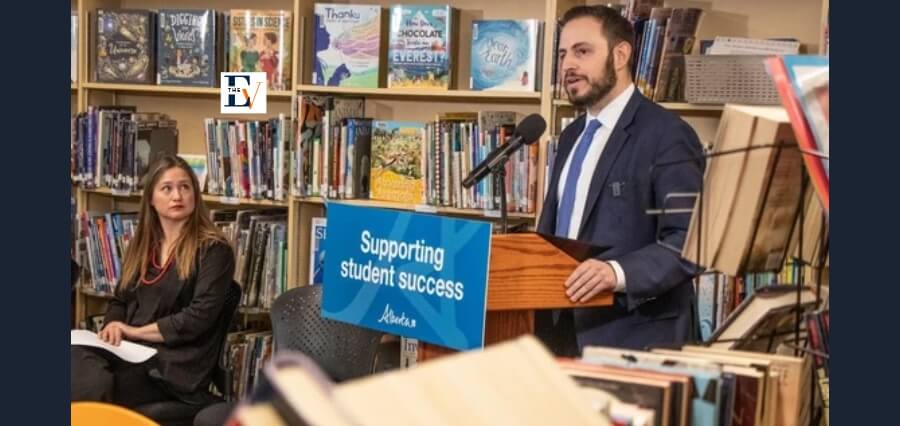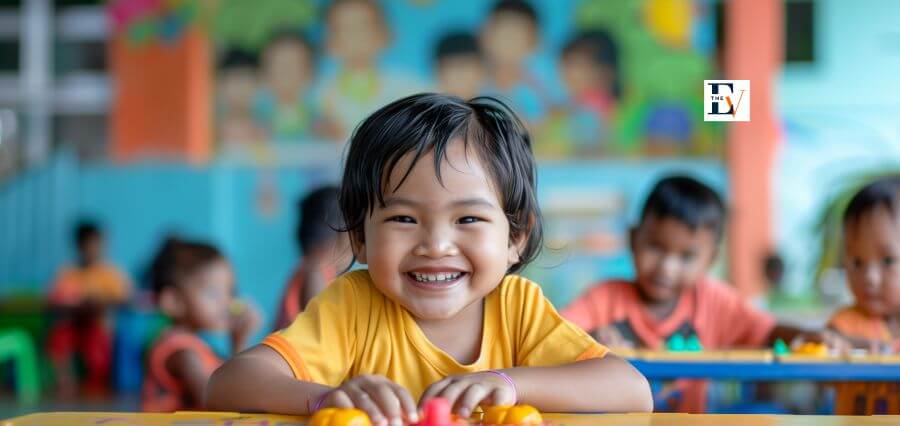Councils are being helped in ensuring that the education they receive fulfils their needs by providing high-quality learning environments.
The Department for Education has allocated a record £850 million to create new spaces for students with Special Educational Needs and Disabilities (SEND) and Alternative Provision in mainstream and special schools. This will be accomplished by enhancing the accessibility of existing school facilities as well as providing specialized support for children with autism, learning disabilities, mobility issues, and other conditions.
More than 60,000 additional seats in special free schools are being created across the country as the government seeks to increase capacity following a drop in the number of students in special schools between 1997 and 2010.
Coming as part of the government’s £2.6 billion investment between 2022 and 2025, this funding supports the commitment to ensuring that children have access to the education they require to succeed in life. It is in addition to the £1.8 billion allocated by the government to schools and sixth form colleges for building maintenance.
Gillian Keegan, Secretary of State for Education, said,“All too often I hear from parents with children who have special education needs having to fight to get the right support. That’s why this government has a plan to deliver 60,000 more places that meet the needs of these pupils and their families.
“We are also continuing to invest in the school estate, so all children are taught in the best classrooms for generations to come.
“Whether in special or mainstream schools, we’re ensuring every child gets a world-class education, and the support they need to reach their potential.”
Support that is dedicated to fulfilling the requirements of children with special needs includes extra encouragement in learning, assistance in communicating with other children, and greater physical assistance, which may include personal care challenges such as using the bathroom.

